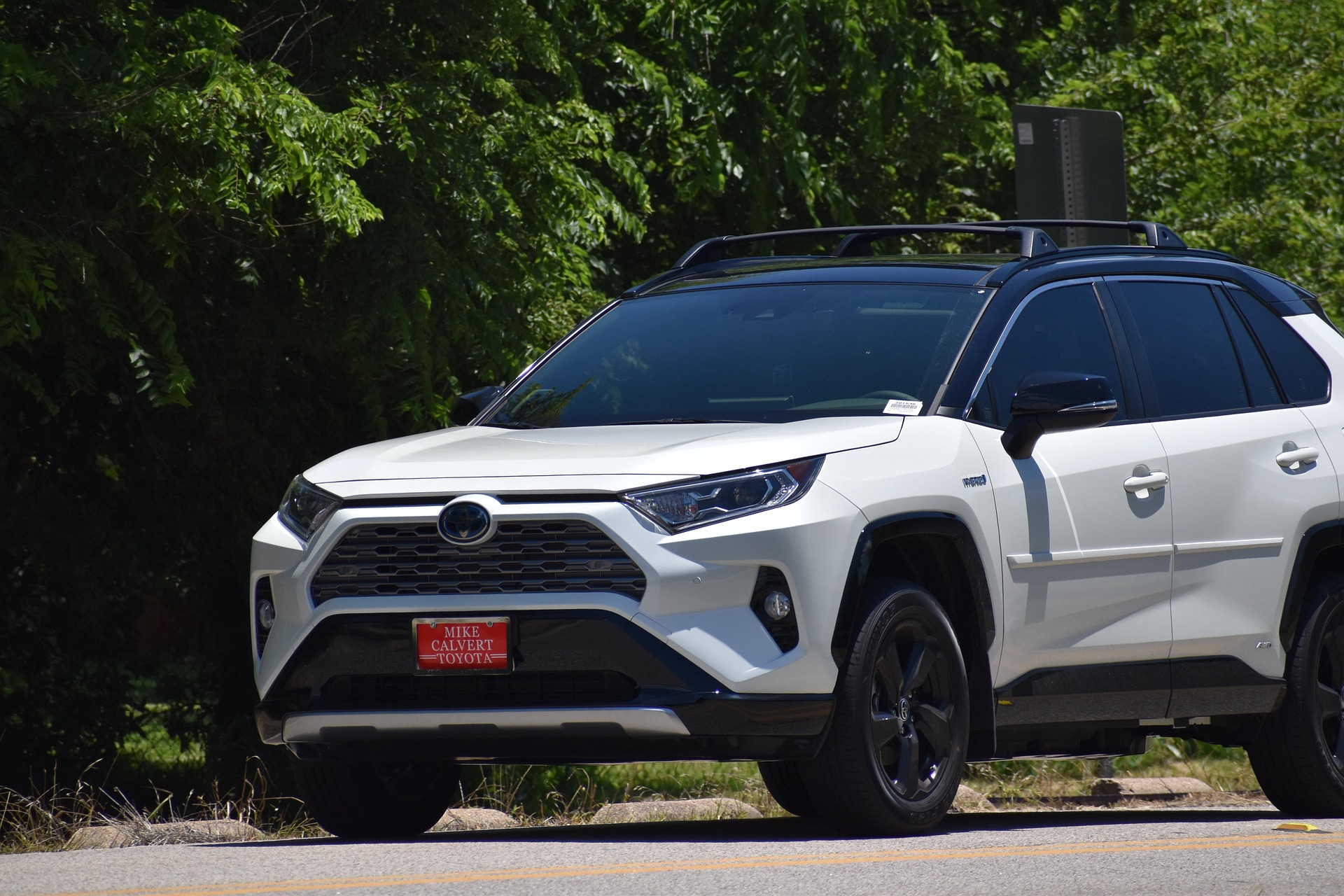SUV Car Listings Near You: How to Navigate the Buying Process
SUVs remain popular among drivers for their space, comfort, and versatility. If you’re searching for SUV cars for sale near you, it’s helpful to understand the different types available, from compact crossovers to larger full-size models. This article explores the key factors to consider before buying, including performance, seating capacity, safety features, and fuel efficiency, helping you make a more informed decision when reviewing local SUV listings.

What Types of SUVs Are Available for Buyers?
SUVs come in various sizes and categories to suit different lifestyles and preferences. Compact SUVs offer fuel efficiency and easier maneuverability, making them ideal for urban drivers. Midsize SUVs provide a balance between passenger space and practicality, while full-size SUVs deliver maximum passenger and cargo capacity. Luxury SUVs cater to buyers seeking premium features and advanced technologies. Crossover SUVs blend car-like handling with SUV versatility, creating a popular option for many consumers.
Key Factors to Consider Before Purchasing an SUV
When evaluating potential SUV purchases, several critical factors demand careful consideration. Assess your primary use case - whether for family transportation, outdoor adventures, or daily commuting. Fuel economy, safety ratings, maintenance costs, and long-term reliability should factor into your decision. Consider your typical passenger and cargo requirements, as well as the vehicle’s performance in different driving conditions. Evaluate features like all-wheel drive, ground clearance, and towing capacity based on your specific needs.
How to Review SUV Listings in Your Local Area
Effective SUV research requires a multi-channel approach. Start by exploring online marketplaces that aggregate local dealership inventories. Utilize comparison websites that provide comprehensive vehicle details and pricing information. Visit local dealership websites and check their current SUV selections. Consider using mobile apps designed for car shopping that can help you track available models and pricing. Always cross-reference listings across multiple platforms to ensure you’re getting accurate and up-to-date information.
Understanding SUV Pricing and Market Trends
| SUV Category | Average Price Range | Typical Features |
|---|---|---|
| Compact SUV | $25,000 - $35,000 | Fuel efficiency, urban maneuverability |
| Midsize SUV | $35,000 - $50,000 | Balanced space, family-friendly |
| Luxury SUV | $50,000 - $100,000+ | Premium technologies, high-end materials |
Prices, rates, or cost estimates mentioned in this article are based on the latest available information but may change over time. Independent research is advised before making financial decisions.
Negotiating and Finalizing Your SUV Purchase
Preparation is key when negotiating an SUV purchase. Research market values, get pre-approved financing, and be prepared to discuss trade-in options. Request comprehensive vehicle history reports for used SUVs. Schedule test drives to evaluate the vehicle’s performance and comfort. Don’t hesitate to negotiate pricing and request additional features or warranties. Consider total ownership costs beyond the initial purchase price, including insurance, maintenance, and fuel expenses.
Conclusion
Navigating SUV car listings requires patience, research, and a clear understanding of your personal requirements. By systematically exploring available options, understanding market trends, and carefully evaluating your needs, you can find an SUV that provides an ideal combination of functionality, comfort, and value. Taking a methodical approach will help ensure a satisfying vehicle purchase that meets your long-term transportation needs.




